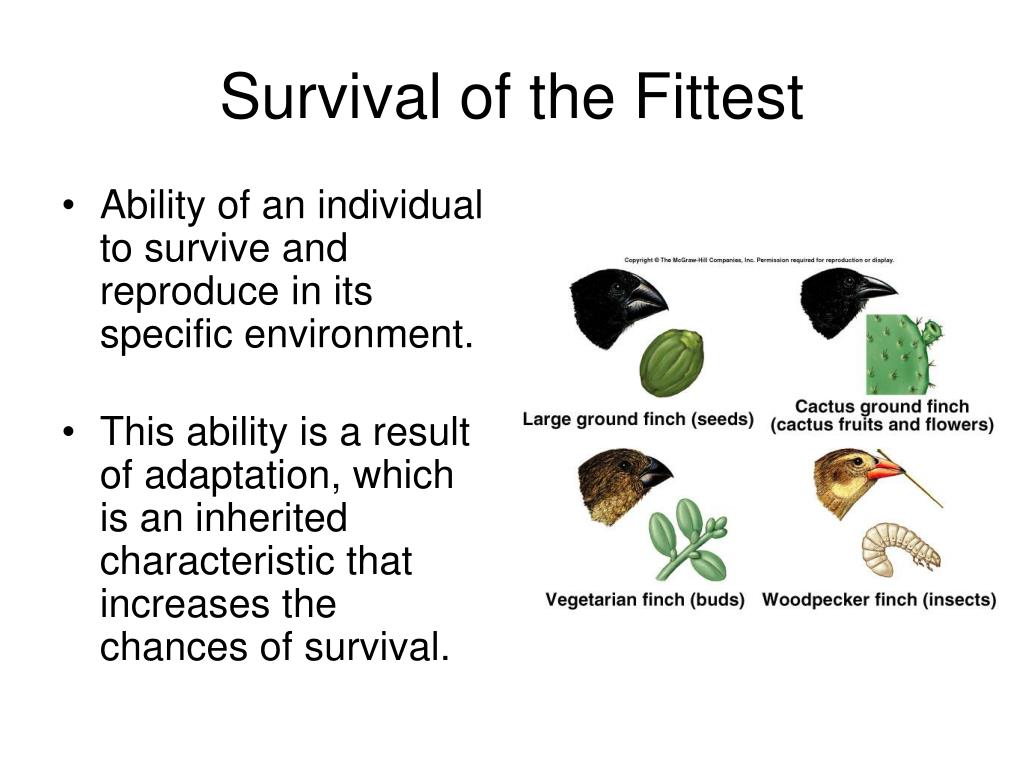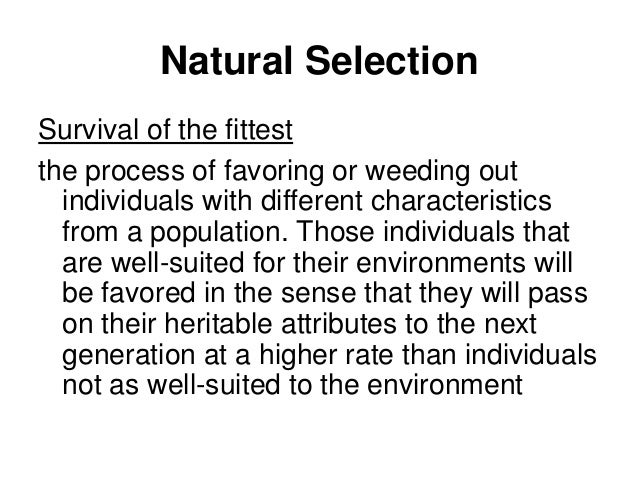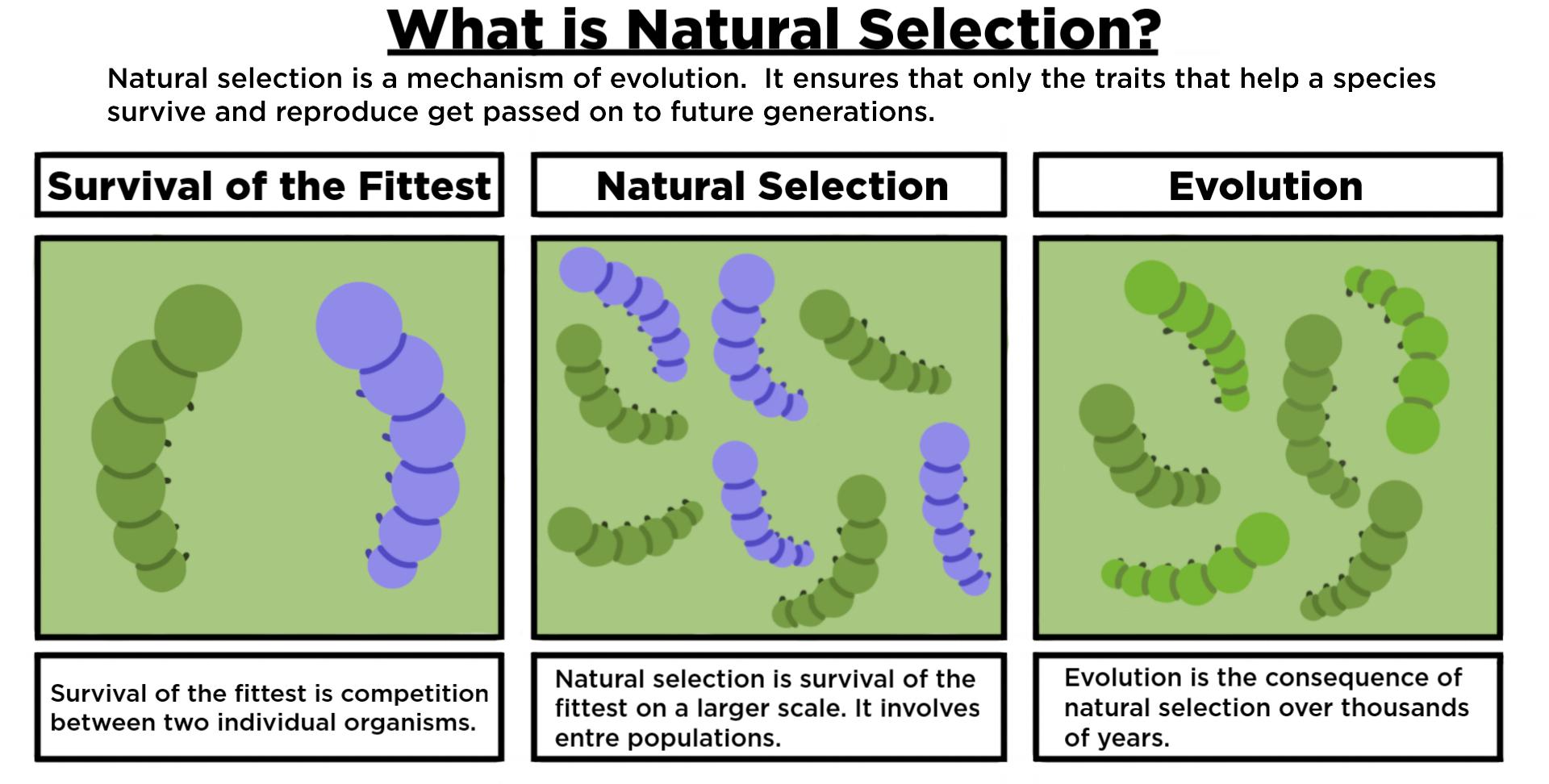

Under these moral standards, "good" actions (that benefit the group) are encouraged, while "bad" actions (that damage the group) are subject to retribution - all according to group judgment.

The existence of memory leads to the development of "collective memory" - creating a set of moral standards for the group. In primates, this sense of sociality becomes much greater and triggers the development of memory. "Lower Animals (all but primates) have a sense of sociality (and sometimes act collectively). But, since they usually sacrifice themselves for their close relatives, then that trait can remain within the population since the same behavior continues to pass on.
Basically, the problem with altruism is that if individuals sacrifice themselves for the sake of others, then that trait will eventually be lost in the population. One such way is to direct altruistic acts only toward close relatives, since close relatives share a large fraction of their genes." 
There are, however, simple ways of distinguishing individuals that have a high probability of carrying the altruistic allele.
In nature it is doubtful that organisms can actually distinguish unambiguously among individuals of different genotypes. It shows that natural selection can promote the evolution of altruistic traits as long as those traits are not directed randomly at other individuals, but are directed differentially toward other individuals carrying the allele associated with altruism. This result reconciles the evolution of altruism with our model of natural selection. To make this difficulty clear, we first demonstrate that if altruists direct their altruism randomly to all genotypes in a population, then natural selection will eliminate any alleles that produce altruistic behavior. 
"The historical difficulty with accounting for the evolution of altruism has been understanding how alleles for altruism can increase in frequency if the trait itself (by definition) reduces the fitness of the individual that carries them.








 0 kommentar(er)
0 kommentar(er)
